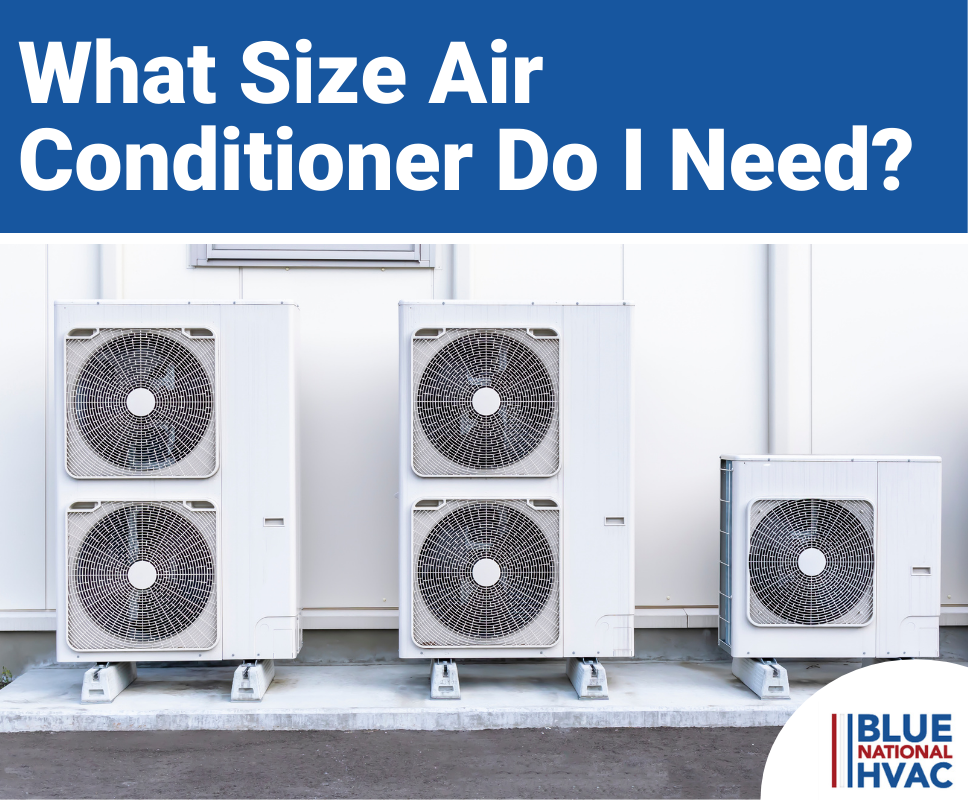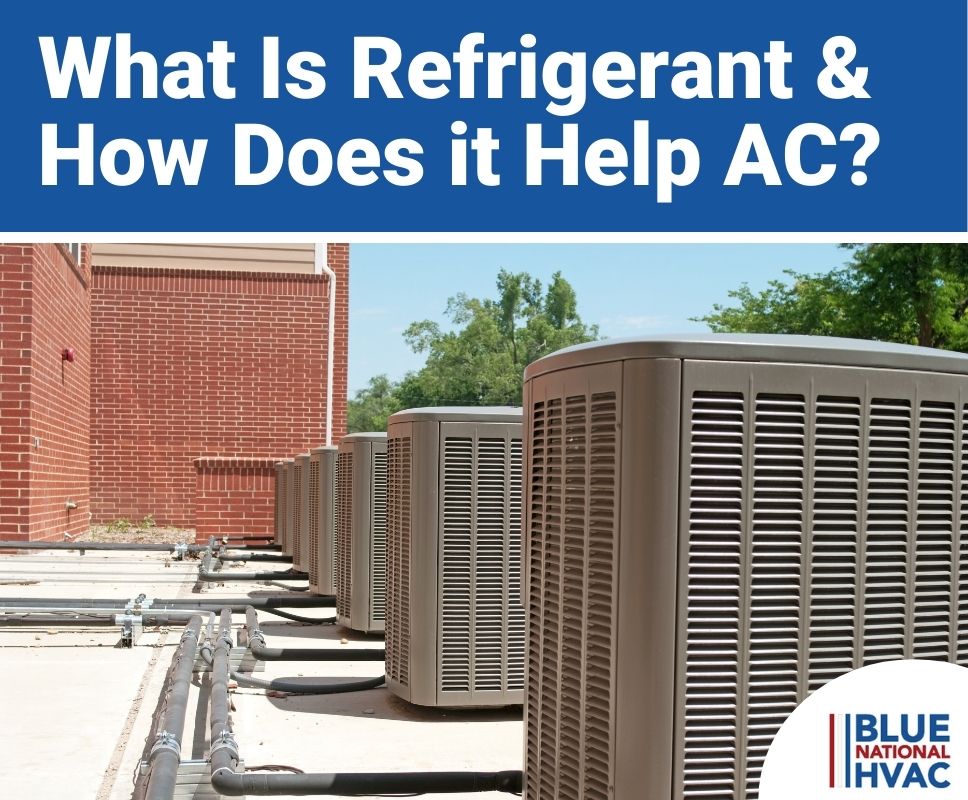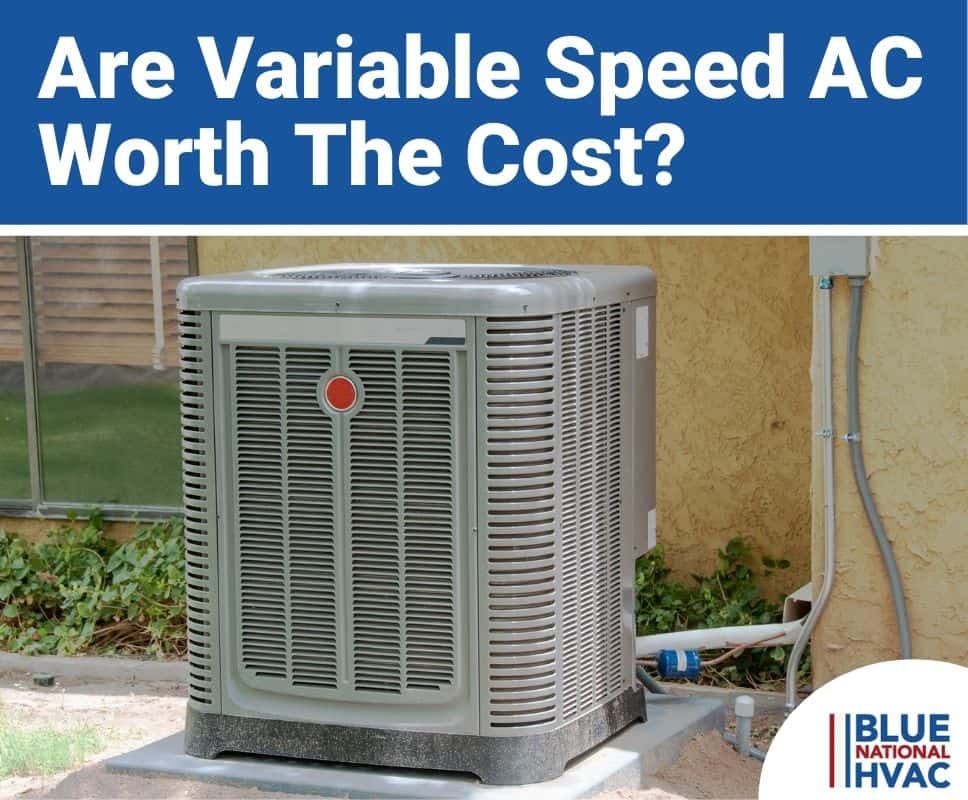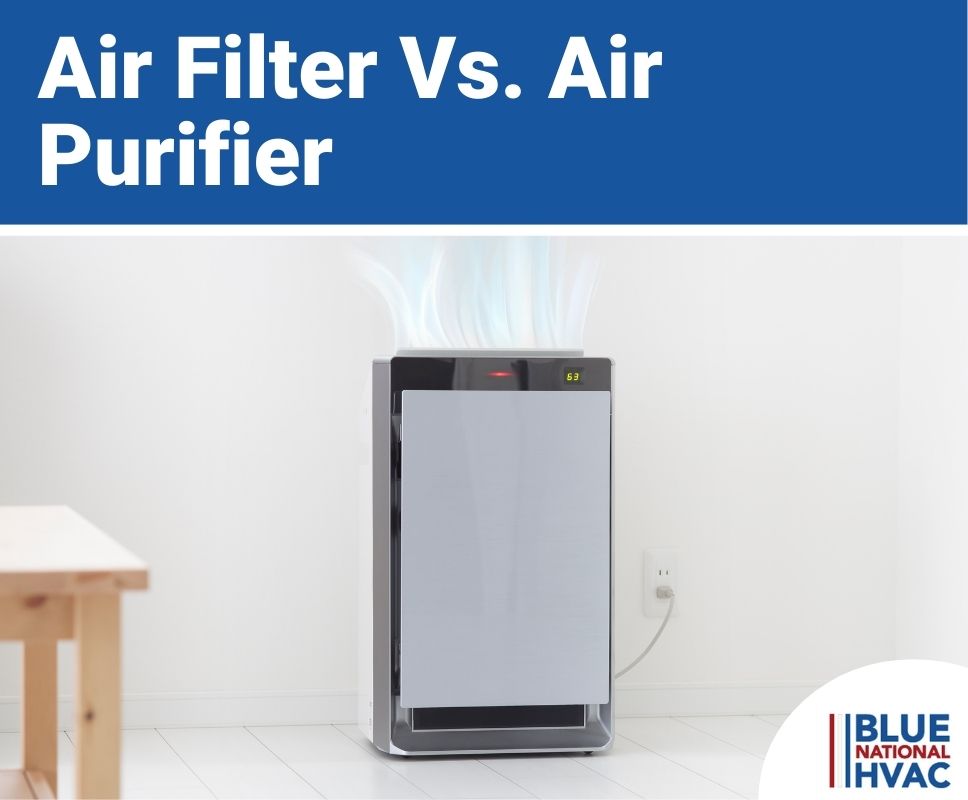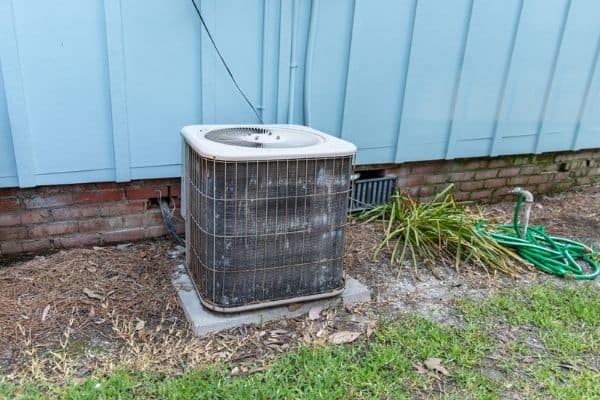How Do You Determine the Right Size Air Conditioner For Your Home?
There are a few key factors you need to look at when determining what size of AC unit you need to purchase for your home.
At first, you might think that the air conditioner’s size refers to its physical size. However, the “AC size” of an air conditioner usually refers to its cooling capacity. The cooling capacity is measured in British Thermal Units (BTUs) or tonnage (tons). First, let’s introduce how to determine the right AC size for your home.
The simplest method to determine this is to multiply your home’s square footage by 25 to determine the BTU size you need.
Size Calculator
To determine the best-sized air conditioning unit for your home or room, you can use a simple estimation equation. To perform this calculation, you will need to know the square footage of your home.
To find this, just multiply the length times the width (in feet) of each room. The rule of thumb is to multiply the square footage by 25 BTUs to determine a size estimate. As an example, let’s say you want to cool a 12 foot by 13-foot room with a window air conditioner.
First, we multiply 12 by 13 and get 156 square feet, then we take 156 square feet of living space and multiply that by 25 BTUs. Multiplying 156 by 25 yields 3,900 BTUs, as shown below.
- 12 ft X 13 ft = 156 sq ft
- 156 sq ft X 25 BTU = 3,900 BTUs
In the above scenario, you would want to buy an AC unit rated at least 3,900 BTUs. You might have to purchase a 4,000 BTU-rated unit if that’s all you can find. It’s okay to go a bit higher. You shouldn’t skimp and get a lower BTU unit than you determine with the calculation above.
An AC unit with too little BTU will have difficulty cooling the space and will constantly be running which will cause your energy bill to skyrocket and potentially cause your AC unit to overheat.
Manual J Calculation
Performing a Manual J calculation is the best and most accurate way to determine the perfect size HVAC system for your home. The Manual J calculation is precise because it considers many essential things about your home. It takes into account physical aspects of your home such as:
- Total square footage – the size of the area that needs cooling
- Ductwork – pathways that distribute AC and heat around your home
- Amount of insulation – material in your attic and walls that traps in heat or cool air
- Amount of heat-generating appliances – includes refrigerators, dishwashers, stoves, etc
- Number of windows and their type – the size, amount of panes, and insulation rating is important
- Ceiling height – higher ceilings means there’s more space to cool
And other important factors like:
- Climate zone – the defined climate region you live in
- Number of people staying in the house – more people means more body heat
- Amount of sunlight and natural shade – outdoor trees that provide shade lowers your AC usage
You can perform a Manual J calculation yourself. However, to ensure it is done correctly, you should hire an HVAC expert. Additionally, many utility companies provide free energy audits that include a Manual J calculation.
If you want a professional to evaluate this for you, don’t hesitate to reach out to one of our professionals for an estimate so you know you’re getting the proper calculations to work from.

Air Conditioner BTUs
The BTU of any air conditioning unit is the main specification and can be easily found on the packaging, product documentation, its webpage, and the product label. For example, a window AC unit may have “8000 BTU” listed on its website description, usually in the title.
Now that you know the BTU is the “size” of the air conditioner, how do you know what size is appropriate for the space you need to provide cooling? Well, that is where you have to do some simple math and perform the size calculations we reviewed earlier.
Air Conditioner Tonnage
Similar to the phrase air conditioner “size,” air conditioner tonnage or AC tons has nothing to do with the system’s weight or dimensions. In HVAC (heating, ventilation, and air conditioning), a “ton” refers to how much heat an air conditioner can take out of your home in an hour.
The heat is measured in BTUs and tons, which have a direct relationship – 1 ton equals 12,000 BTUs.Therefore, the more BTUs you need, the higher the tonnage you’ll require as well. Since they measure the same thing (like meters and feet both measure length), you’ll only have to worry about BTUs or tons – not both.
Climate Zone
.png)
A valuable tool in determining the size of the air conditioner you need will be your home’s climate zone (determine what climate zone you live in here). Climate zones are geographic regions within the US that experience similar climates.
There are eight climate zones defined by the International Energy Conservation Code (IECC) (zones 1-8). Here’s a map of the US split into 5 climate zones to use with the chart below. This chart and graphic is intended for homeowners to use as an easy reference to properly size an AC unit based on the square footage (sq ft) of their home and the climate zone they live in.
The eight IECC climate zones were developed by US Department of Energy (DOE) researchers at the Pacific Northwest National Laboratory in 2004. They created it to provide a quick and easy way to reference climate areas.
Make Sure You Don’t Choose an AC Unit Size That Is Too Large
Bigger isn’t always better, especially when it comes to your AC unit.
Let me explain…
If you oversize your air conditioning system by too many BTUs, you could have quite a few issues on your hands.
An air conditioning unit that is too large for your home will cool it too quickly. If it’s too big, the AC unit will be turning on and off a lot and won’t be running constantly which will leave your home humid and sticky.
Preventing humidity issues from AC systems that are too large can be prevented by utilizing the size calculation or the more precise Manual J calculation. An oversized air conditioner also costs more upfront.
The rule of thumb is to get an AC unit with no more than 15% higher than the calculated BTUs needed for your home. If the air conditioner is appropriately sized for your home, it will operate at high efficiency and reduce your energy costs.
SEER Ratings for AC Units
Another standard specification you will find on all AC units is the SEER rating. The SEER rating is the Seasonal Energy Efficiency Ratio of a system. Basically, it’s a measure of how efficient the AC unit operates and the amount of energy it uses.
AC units with higher SEER ratings are more energy-efficient and therefore have lower energy operating costs. However, they are generally more expensive units. While SEER ratings don’t directly correlate with the AC unit’s cooling capacity, you should note it as you’re comparing AC units with similar BTU or tonnage ratings.
What Are The Sizes of the Different Types of AC Units?
Air conditioning systems come in all different shapes and sizes. Additionally, there are hundreds of brands and thousands of models. Thankfully, all air conditioners are standardized to include a BTU rating and a SEER rating to make your size selection easier.
You should be able to quickly find the tonnage or the BTU rating of an air conditioner quickly and easily. If the BTU rating is at or no more than 15% above your calculated BTU rating, you’ll know that unit will adequately cool your home.
Residential AC units are typically rated in a nice round number of tons- in 0.5 increments. For example, you’ll be able to find 3.5, 4.0, 4.5, and 5.0 ton AC sizes and not an odd rating like 4.76 tons.
Your new AC unit’s BTU or tonnage rating does not have to match your calculated BTU from the Manual J calculation exactly – it’s okay if it’s a little different, but always choose higher (not lower).
Central Air Conditioner
Central AC units have the highest potential for BTU and tonnage ratings compared to their smaller counterparts. The high capacity is appropriate since they are intended to heat your entire home and not just single rooms. It’s very common to find 3 to 10 ton (60,000 to 120,000 BTU) rated central air conditioners.
Again, they are sized this large to cool a large amount of square footage appropriately.
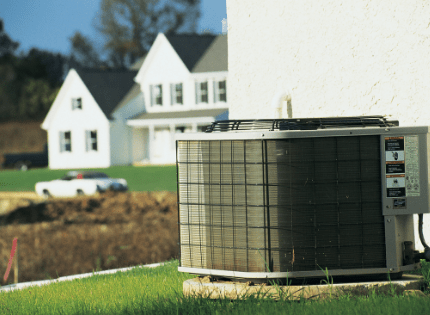
Window AC Unit
Window air conditioners are great for cooling single rooms. However, their physical size limitations prevent them from having larger cooling capacities. Window units are 1-2 tons (12,000 to 24,000 BTUs) capacities on average. However, you can find some expensive models rating up to 3 tons (36,000 BTUs).
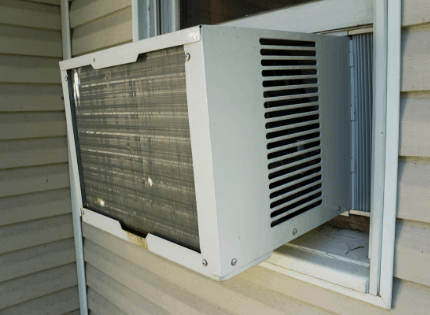
Ductless Mini-Split Heat Pump
Like window AC units, ductless mini-split systems have an issue with physical size. However, they can be made with larger cooling capacities than window AC units since they are “split” and don’t require ductwork.
Ductless mini-split heat pumps are available with cooling capacities of up to 3 tons (36,000 BTUs) for a single zone. The most common is a 2-ton unit. With a multi-zone system, you can accomplish a cooling capacity of 5 tons (60,000 BTUs) or more!
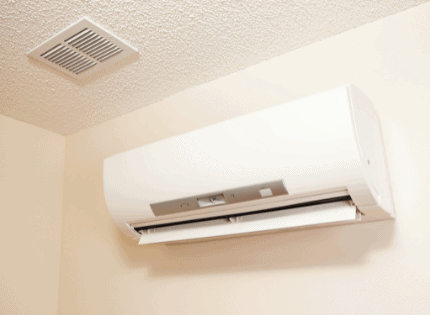
How Does Size Relate to AC Units’ Costs?
The price of air conditioners varies significantly by their size. For example a 2 ton (24,000 BTU) 16 SEER central air conditioner costs $1,200 on average, while a 5 ton (60,000 BTU) one costs $2,100 on average.Check out this detailed article on AC unit costs for all the details.
What Should You Look For In An HVAC Specialist?
If you have any questions about adequately sizing an AC unit for your home, you should consult one of our AC specialists. They can perform a Manual J calculation for you and provide a correct recommendation on the cooling power for your home needs.
They can also install the right-sized air conditioner. Our HVAC contractors can also talk to you about the AC unit options available like ductless mini-split, air-source heat pumps, or central air conditioning systems.
Lastly, they can provide a list of recommended brands and models that meet your size requirements and help you select a new air conditioner. If you want to work with the best, reach out to one of our HVAC professionals today to get a calculation done and receive a free pricing estimate.
Our pros have been in the industry for years and they’ll be happy to answer any of your questions so you can get the best AC unit for your home.

